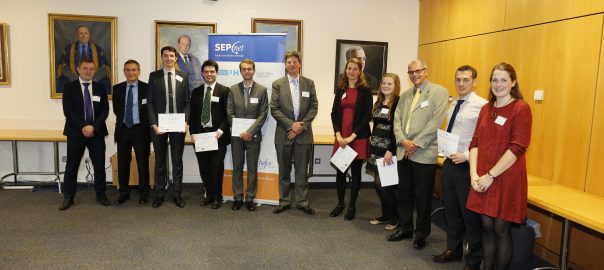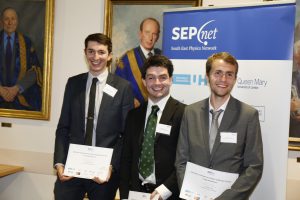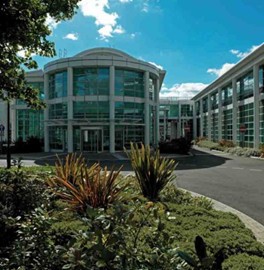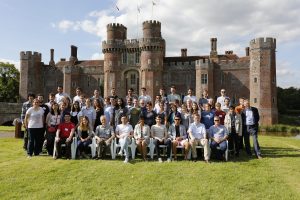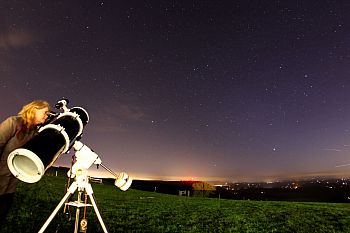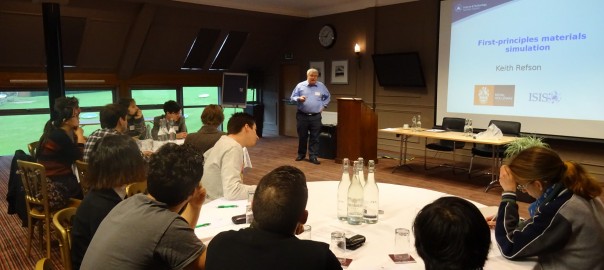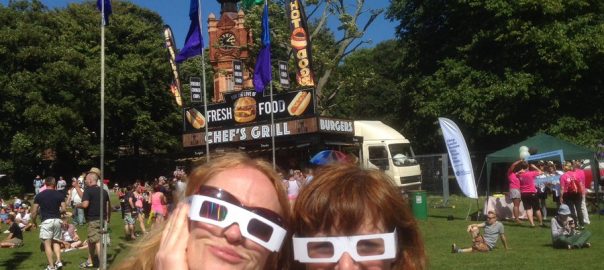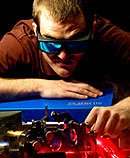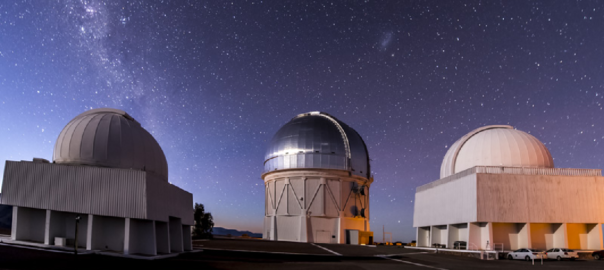Investing In Your Research, Your Skills and Your Future
To give more time for students around SEPnet to form teams, we are extending the time for them to register for the Enterprising Ideas competition. We’d also like to dispel some misconceptions about what the programme is about and Elaine Hickmott, who is organising the programme for GRADnet, has written an article articulating the goals and purpose of what the training involves and how it helps Physics students in their future careers.
Which SEPnet university team has the greatest entrepreneurial spirit?
The 2017 GRADnet Enterprising Ideas Competition is now open!
Are you interested in developing your entrepreneurial skills?
Are you a SEPnet PGR or a physics undergraduate
Put forward a team for a chance to win £100 for each member!
What it is
SEPnet is organising its 2nd annual enterprising ideas competition to help you develop your entrepreneurship skills.
SEPnet PGRs and physics undergraduates in their penultimate year are invited to put forward teams to compete to be the most entrepreneurial in SEPnet.
Why you should be interested
Business and research increasingly need graduates who bring fresh ideas, innovative thinking and who have great team working skills. Physicists have the research skills and technical knowledge to inform policy, improve society and create exciting new products. Highly developed entrepreneurial skills and an enquiring mind are key to building a knowledge-based economy and can give you the edge when applying for research or graduate jobs or studentships.
Whatever career you pursue, whether in research or business, the skills you gain by participating in this competition will be of great value. By the end of the programme you will have:
- gained a fresh perspective on how your skills and knowledge can be applied
- understood more about entrepreneurship and what it means to have an entrepreneurial mindset
- developed real insights into business, innovation, enterprise and team working
- participate in multiple activities based on real life experiences and scenarios.
The programme is NOT about turning you into entrepreneurs or seeking new business opportunities but to expose you to the world of business and the impact of innovation on business.
You do not need to have a business idea or experience beforehand to take part!
How it works
If you are a PGR or an undergraduate you will need to confirm your interest in participating by 31 March 2017. Places are limited on a first come, first served basis.
Forming teams:
- these should be 3 – 6 people
- may include PGR only, UG only or be a mixture of PGRs and UGs and may also be formed between SEPnet universities
- if you do not have a team but would be interested in joining one, let us know and we will put you in touch with others
2-day training course:
- designated member(s) of the team will attend two days of FREE residential training on 28 and 29 June which will contribute to professional development and build skills to help with the challenge. Training will include varied insights into entrepreneurship; what it really means and why it is important, team work and idea generation together with business, enterprise and communication skills.
Please note:
- there is a maximum of twenty team spaces available, we are seeking ideally at least one team per institution; however, if an institution doesn’t put a team forward that space can be used by another partner
- undergraduates on a summer placement should agree with their employer to take 2 days out to attend training
Video:
Teams will be required to produce and submit an initial short video by end of September outlining your idea.
Support:
Teams will be introduced to local entrepreneurial experts at your university to support development of your idea. Ongoing entrepreneurship materials giving hints and tips will also be provided.
Teams will receive feedback from a variety of experts and tips on how take your idea forward.
Key dates:
26 May 2017 Confirm your teams by e-mailing Cristobel Soares-Smith, gradnetadmin@sepnet.ac.uk
28 & 29 June 2017 Entrepreneurship residential training for designated team member(s)
September 2017 Submit short video outlining your idea
January 2018 Proposals with market research and business case to be submitted
February 2018 Presentations to a panel of entrepreneurs and business people
Further information:
- A report of the 2016 Final can be found here: http://www.sepnet.ac.uk/gradnet-entrepreneurship-challenge-winners-annou…
-
To inspire participants, the video entry of the 2016 winning team from Southampton is here: https://learn2.open.ac.uk/pluginfile.php/1956777/mod_resource/content/1/Entrepreneurship/logo3-01_2%281%29.compressed.mp4
- Azaria Coupe from the winning team described her team’s experiences in her blog: https://futureworlds.com/transferring-particle-theory-music-theory-tune-…

